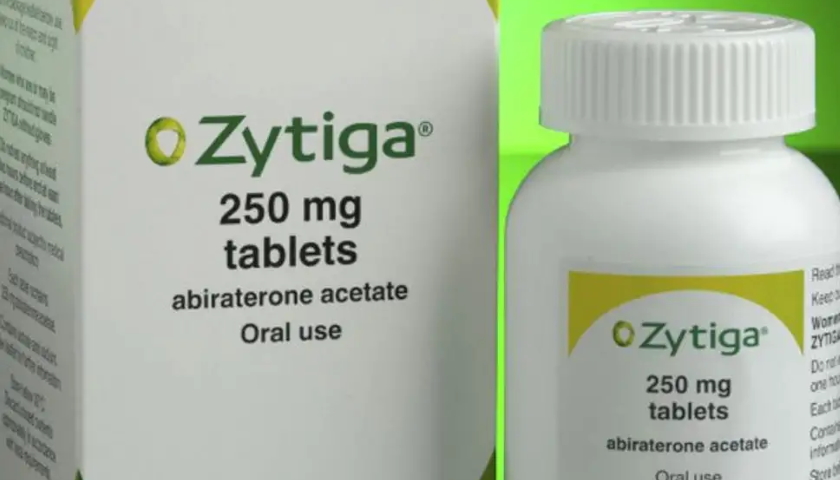NICE's second Zytiga rejection 'shows need for flexible pricing models'

NICE has stuck with its original decision to reject NHS funding for Johnson & Johnson's Zytiga as a treatment for men with newly diagnosed advanced prostate cancer, drawing criticism from the Institute of Cancer Research (ICR).
The UK cost-effectiveness body first turned down Zytiga (abiraterone acetate) for this use in June 2020, but said four months later that it would reconsider its decision. That review has now concluded, and NICE has said it won't change its mind.
ICR said it was "disappointed" by the outcome, which perpetuates a disparity in access to Zytiga within the UK as men in Scotland have been able to access the drug since the start of 2020.
The rejection leaves men in England and Wales newly-diagnosed with prostate cancer with three options: hormone therapy on its own, or alongside either Pfizer's Xtandi (enzalutamide) – recently approved by NICE – or docetaxel chemotherapy.
"Like enzalutamide…abiraterone offers men a clear improvement in quality of life compared with chemotherapy or hormone therapy alone," said the ICR, adding: "Its benefits are especially important for men unable to tolerate chemotherapy."
The drug has also been found to cut the risk of complications including bone fractures and spinal cord problems from cancer when compared to hormone and docetaxel therapy.
Xtandi has similar benefits, but "is not suitable for all patients and broader choice on this issue would be of benefit," according to the Institute.
It is calling for more flexible models of drug pricing for the NHS, that could for example allow a drug's price to vary depending on what it is being used for, and to be tied to the outcomes it delivers for patients.
"It's frustrating that a year and a half after NICE's initial negative decision and subsequent reassessment, we remain in the same position – with men in England and Wales with newly diagnosed, advanced prostate cancer still unable to access abiraterone at the outset of treatment," said ICR's Prof Nick James.
"Abiraterone has clear benefits for helping men with prostate cancer to live longer with a better quality of life, so it is a great shame that patients are being denied the drug on the grounds of cost."












